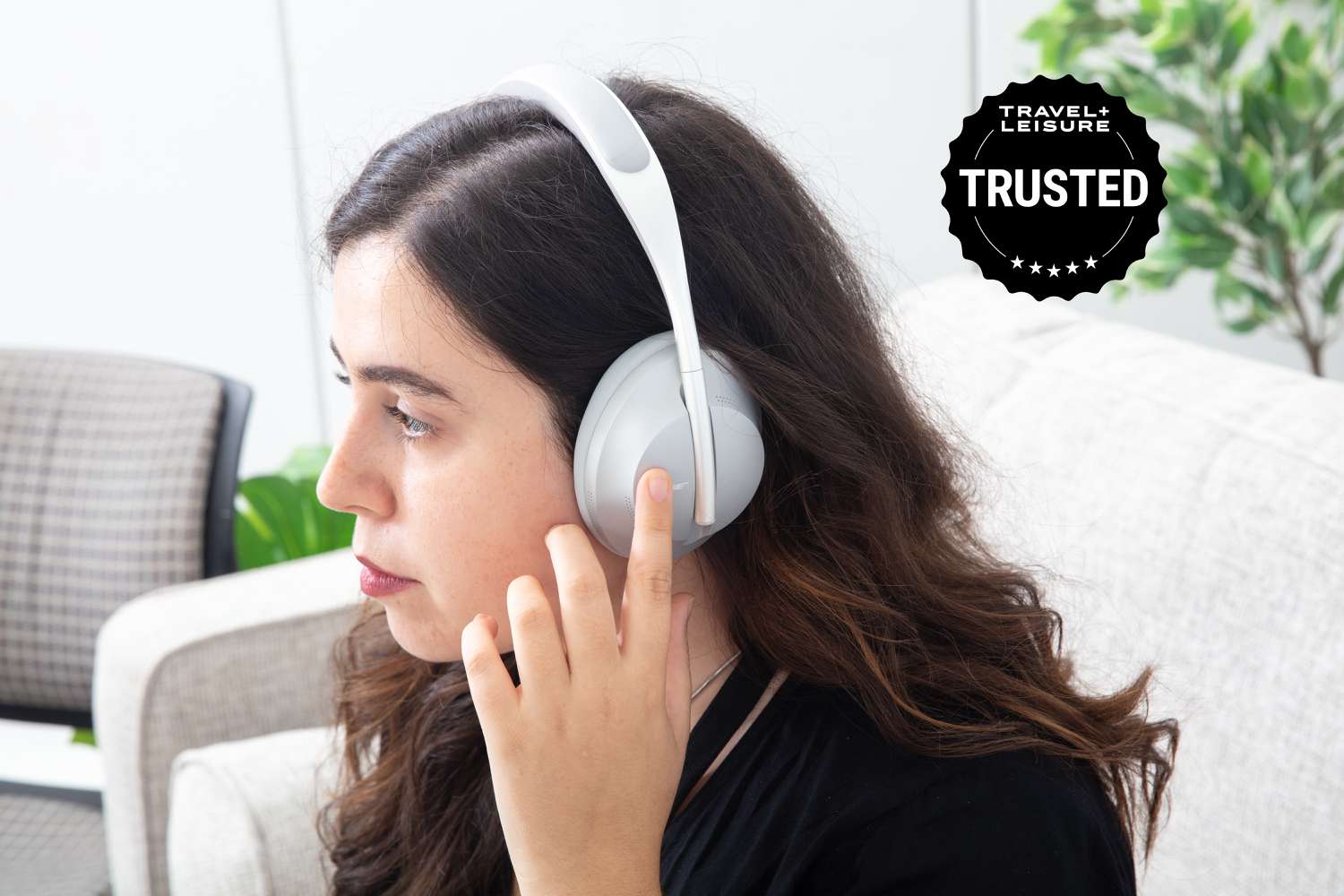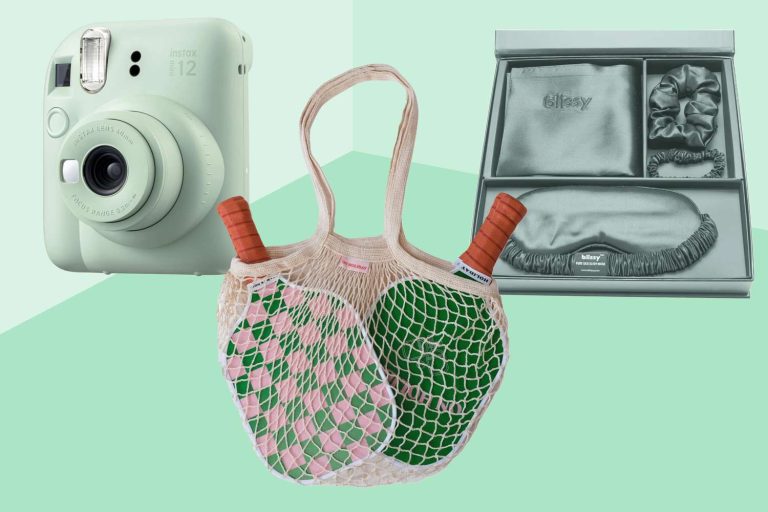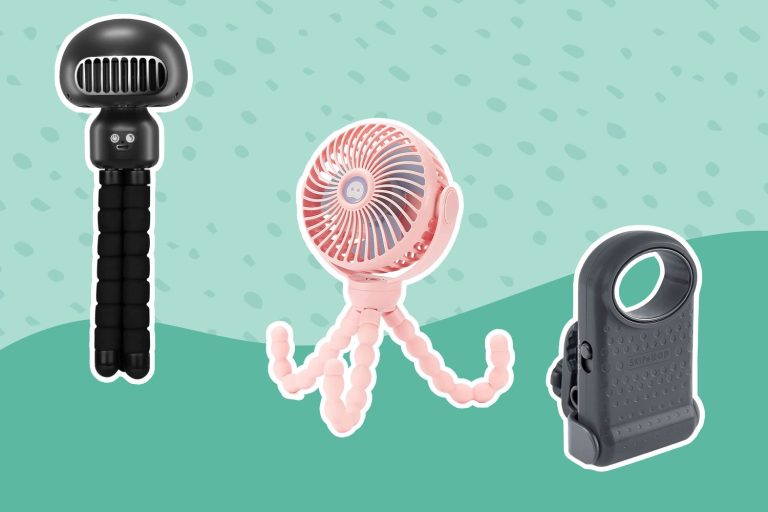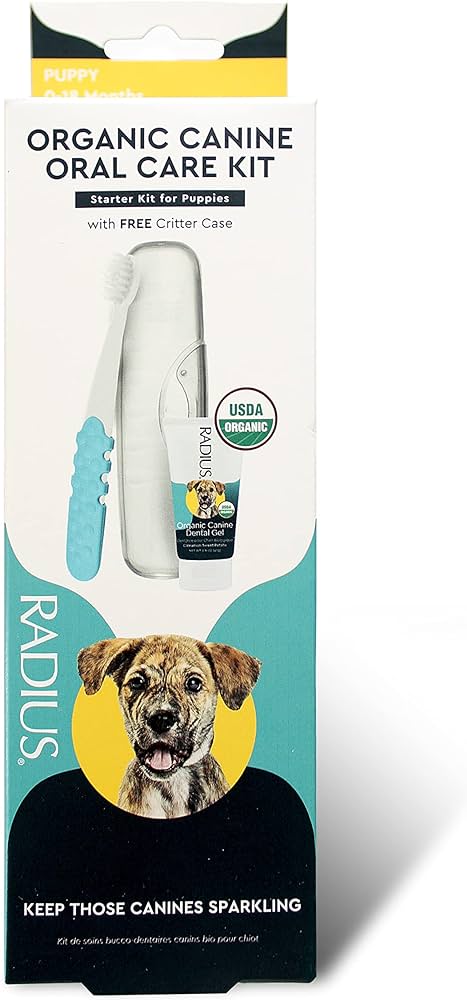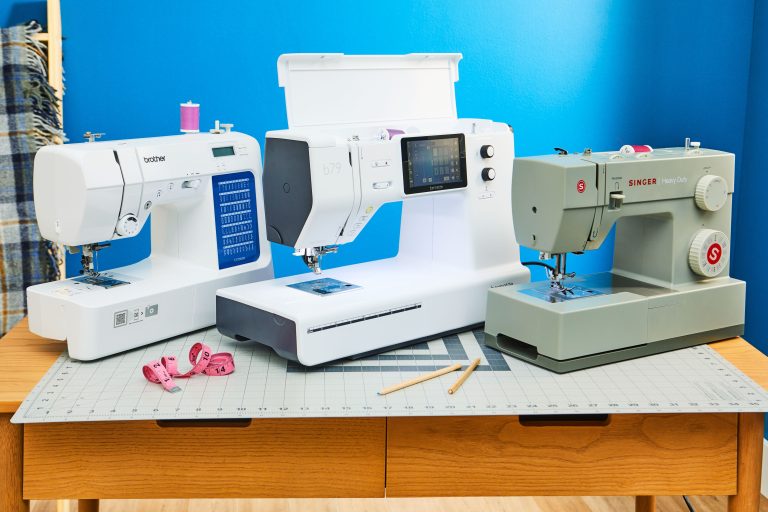9 Best Earplugs for Sleep: Comfort, Noise Reduction & Durability
Struggling to catch those elusive Z’s because of a snoring partner or noisy neighbors? Quality sleep is essential for your health and well-being, but disruptions can make it feel unattainable. That’s where earplugs come in, offering a simple yet effective solution to block out unwanted sounds.
Choosing the right earplugs can be overwhelming with so many options available. We’ve done the research to help you find the best earplugs for sleep, ensuring you wake up refreshed and ready to tackle the day. Dive in to discover the top 9 earplugs that promise to transform your nights.
Understanding the Various Types of Earplugs
Choosing the right type of earplugs for sleep is crucial for comfort and effectiveness. Let’s explore the different options available.
Foam Earplugs
Foam earplugs are among the most popular choices for sleep due to their affordability and ease of use. They’re made from soft, expandable foam that conforms to the shape of your ear canal, providing a snug fit. These earplugs are often disposable, which ensures you always have a clean, fresh pair. Keep in mind that while they’re effective at noise reduction, they may not be as durable as other types.
Silicone Earplugs
Silicone earplugs are versatile and reusable, making them a cost-effective choice over time. They’re typically molded to fit the outer ear rather than inserted into the ear canal, which many users find more comfortable. Silicone earplugs are particularly good at blocking out consistent noise, such as loud neighbors or traffic. They’re also ideal for those with sensitive ears, as the soft material is gentle and less likely to cause irritation.
Wax Earplugs
Wax earplugs are a traditional option known for their excellent comfort and sealing capabilities. Made from natural or synthetic wax mixed with cotton, they mold to your ear’s unique shape, creating a strong sound barrier. Wax earplugs are especially useful for blocking out louder noises and can be reused several times before needing replacement. However, they may feel greasier than foam or silicone and may not be the best choice for those prone to ear infections.
By understanding the advantages of foam, silicone, and wax earplugs, you can choose the best type to enhance your sleep quality effectively.
Review of Foam Earplugs
Foam earplugs are a popular choice for sleep due to their affordability and noise reduction capabilities. Here, we’ll explore their pros and cons, and recommend the best options available.
Pros of Foam Earplugs
Affordability: Foam earplugs are budget-friendly, allowing you to purchase multiple pairs without breaking the bank.
Noise Reduction: These earplugs excel in blocking out noise, making them ideal for sleeping in noisy environments. They typically have high Noise Reduction Ratings (NRR) up to 33 decibels.
Comfortable Fit: Foam earplugs expand to fit the shape of your ear canal, ensuring a secure and comfortable fit throughout the night.
Cons of Foam Earplugs
Durability: Foam earplugs aren’t as durable compared to silicone or wax alternatives. You’ll need to replace them frequently, especially with regular use.
Potential for Unpleasant Feeling: Some people might find foam earplugs uncomfortable or irritating after prolonged use. They can also cause pressure inside the ear.
Environment Impact: Due to their disposable nature, foam earplugs contribute to environmental waste. Frequent replacements can add up over time.
Best Foam Earplugs for Sleep
Mack’s Ultra Soft Foam Earplugs: Known for their comfort and high noise reduction rating (NRR 32dB), these earplugs are a favorite among users.
Howard Leight MAX-1: With an NRR of 33 decibels, these earplugs provide excellent noise blocking. They’re also known for their soft, bell-shaped design that fits comfortably in the ear canal.
Hearos Xtreme Protection: Offering a high NRR of 33 decibels, these foam earplugs are perfect for blocking out loud noises. They’re also designed to be soft and comfortable for long-term use.
Selecting the right foam earplugs can significantly enhance your sleep quality by reducing unwanted noise efficiently and comfortably.
Evaluation of Silicone Earplugs
Silicone earplugs are popular for their durability and comfort. They provide an effective barrier against noise, ensuring you get a good night’s sleep.
Advantages of Silicone Earplugs
- Durability: Silicone earplugs last longer than foam ones. You can reuse them multiple times, making them cost-effective.
- Comfort: Silicone earplugs mold easily to the shape of your ear. This ensures a snug fit and avoids ear irritation.
- Hypoallergenic: Silicone is an excellent choice if you have sensitive skin. It’s less likely to cause allergic reactions.
- Noise Reduction: These earplugs block a wide range of noises, from snoring to traffic sounds. This ensures a quieter sleep environment.
- Water Resistance: Silicone earplugs are great for swimmers as well. They prevent water from entering the ear canal, doubling up as multipurpose earplugs.
Disadvantages of Silicone Earplugs
- Maintenance: Silicone earplugs require regular cleaning to maintain hygiene. This can be a bit of a hassle if you’re used to disposable options.
- Fit Variability: It might take some time to find the right fit. They are softer and may not expand as much as foam earplugs, requiring you to try different sizes.
- Temperature Sensitivity: Silicone can get uncomfortable in extreme temperatures. Heat can make them too soft, while cold temperatures can harden them up.
- Mack’s Pillow Soft Earplugs: These earplugs are well-known for their comfort and versatility. They mold to your ear’s shape, offering a custom fit and are excellent at blocking out snoring and other nighttime noises.
- Silicone Putty Earplugs by Cirrus Healthcare: Perfect for both sleep and swimming, these earplugs provide a watertight seal and are made of soft silicone putty for a comfortable fit.
- Alpine SleepSoft Earplugs: Designed specifically for sleep, these earplugs feature a unique filter that reduces disruptive noises while allowing you to hear alarms and conversations if necessary.
Silicone earplugs offer a great balance of comfort, durability, and noise reduction, making them a solid choice for securing your sleep environment.
Analysis of Wax Earplugs
Wax earplugs offer a unique combination of moldability and comfort. They are especially effective for people sensitive to pressure inside the ear canal.
Benefits of Wax Earplugs
Wax earplugs mold perfectly to the contours of your ear, providing a custom fit that enhances comfort and effectiveness. They block out noise efficiently, making them ideal for light sleepers or people living in noisy environments. They are made from natural materials, which can be less irritating to the skin compared to synthetic materials. Wax earplugs are also reusable for several nights, offering good value for money. Brands like Quies and Ohropax specialize in high-quality wax earplugs, known for their noise-blocking capabilities and comfort.
Drawbacks of Wax Earplugs
Wax earplugs may not be as durable as silicone or foam earplugs, requiring more frequent replacement. They can become sticky in hotter climates, making them less comfortable. Initially, they may also feel greasy, which can be off-putting for some users. Additionally, wax earplugs are not washable; once they pick up dirt or earwax, you need to replace them to maintain hygiene.
Leading Wax Earplugs for Sleep
Quies Wax Earplugs are popular for their ease of use and high comfort levels. They offer excellent noise reduction, making them perfect for a good night’s sleep. Ohropax Classic Wax Earplugs provide similar benefits, being highly moldable and comfortable with a strong focus on noise reduction. Both brands are widely recommended for their balance of comfort and noise-blocking capabilities.
Comparison of Earplug Materials
When choosing earplugs for sleep, the material plays a crucial role. Here’s a comparison to help you make an informed decision.
Comfort Levels
Comfort varies greatly among foam, silicone, and wax earplugs. Foam earplugs, like Hearos and Mack’s, are soft and expand to fit your ear canal, ensuring a snug fit. Silicone earplugs, such as those from Eargasm, mold to the shape of your ear, providing a customizable fit. Wax earplugs, like Quies and Ohropax, offer the most personalized comfort by forming a seal that conforms to your ear’s unique shape. However, those with sensitive skin might find wax earplugs more comfortable due to their natural materials.
Noise Reduction Capabilities
Noise reduction is a critical aspect when choosing earplugs for sleep. Foam earplugs typically offer the highest noise reduction rating (NRR) of 30-33 decibels. Brands like Howard Leight and 3M are known for their superior noise-blocking abilities. Silicone earplugs provide moderate noise reduction, around 22-28 decibels, making them suitable for less noisy environments. Lastly, wax earplugs offer a decent noise reduction, typically around 23-27 decibels, enough to muffle common household noises but may not be ideal for very loud disturbances.
Durability and Reusability
Durability and reusability can affect overall value and convenience. Foam earplugs are generally single-use due to their material, which gets deformed over time. However, they are cost-effective, with brands like Flents offering bulk packs. Silicone earplugs are more durable and reusable, lasting up to several weeks with proper care. They can be easily cleaned with soap and water. Wax earplugs, though providing excellent comfort, need frequent replacement, especially in warmer climates where they can become sticky. They aren’t washable but offer a sustainable option as they are made from natural materials.
Earplug Fitting and Maintenance Tips
How to Properly Fit Earplugs
Getting the right fit for your earplugs is essential for effective noise reduction and comfort. Start by rolling foam earplugs between your fingers until they’re slim. Insert them into your ear canal, then hold them in place for a few seconds until they expand. For silicone and wax earplugs, gently mold them to fit your outer ear. Make sure they cover the ear canal entrance without pushing them too deep. You’ll know they’re fitted correctly when they provide a snug seal and reduce noise effectively.
Cleaning and Maintenance of Earplugs
Proper maintenance extends the lifespan of your earplugs and ensures hygiene. Foam earplugs should generally be discarded after a few uses, but some reusable types can be cleaned with mild soap and water. Silicone earplugs can be washed in warm water. Avoid using harsh chemicals as they can degrade the material. Wax earplugs require frequent replacement but can be stored in their original container to keep them clean. Always let earplugs dry completely before the next use to prevent bacterial growth.
Recommendations for Special Situations
Some sleeping situations require specific earplugs to ensure maximum comfort and effectiveness. Here are our top recommendations tailored for special needs:
Earplugs for Side Sleepers
Sleeping on your side demands earplugs that won’t cause discomfort. Consider Mack’s Slim Fit Soft Foam Earplugs. They’re designed with a smaller diameter to lessen pressure in the ear canal. Moldex Pura-Fit Soft Foam Earplugs also work well due to their tapered design that fits snugly without causing irritation. Decibullz Custom Molded Earplugs offer side sleepers a tailor-made fit, ensuring they stay in place throughout the night without causing any discomfort.
Earplugs for Those With Sensitive Ears
If you have sensitive ears, you need earplugs that are gentle yet effective. Hearos Xtreme Protection Earplugs are made from ultra-soft foam, reducing irritation while providing high noise reduction. Loop Quiet Reusable Earplugs are another excellent option; their smooth silicone texture is designed to be non-irritating. Lastly, Flents Quiet Please Earplugs are perfect for sensitive ears as they are made from a soft, low-pressure foam that adapts to the shape of your ear canal, ensuring comfort and protection.
Conclusion
Choosing the right earplugs can significantly enhance your sleep quality. Whether you prefer foam, silicone, or wax options, there’s something for everyone. Remember to prioritize a proper fit and maintain your earplugs to maximize their effectiveness and longevity. For side sleepers or those with sensitive ears, specialized options are available to meet your needs. Investing in the right pair of earplugs can make a world of difference in achieving restful, uninterrupted sleep.
